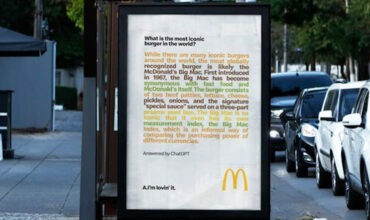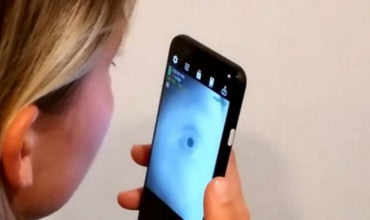THE FLIXONASE ALLERGY MONITOR
By GSK
Advertiser :
- GSK (GlaxoSmithKline plc) is a British pharmaceutical company.
Objective / insight
- In China, 1 in 4 people is suffering from nasal allergies. However, people simply attribute their allergies to air pollution – a prevalent problem in China, and ignore how weather conditions and so many other elements could also impact their nasal allergen levels.
- GSK found that Chinese consumers check their weather apps more than global average because of their self-protective mindset against air pollution.
- The brand decided to use weather apps too, to make them aware of the variety of causes of nasal allergies, then to prompt them to visit pharmacies to seek their products.
Implemented strategy
- The brand partnered with china’s #1 weather app MOJI weather, to create the Flixonase allergy monitor.
- When consumers open the app to check on AQI (Air quality indicator), they can also see the allergen lever in real time. By clicking on this indicator, consumers will see explanations about the root of their problem and have a measurement tool to know when to fight against allergens.
- On high allergen days, coupons are delivered on their phones for nearby pharmacies marked on a map to help consumers to get immediate relief from allergies.
- The time-sensitive coupon for Flixonase would incentivize on-the-spot purchases instore – all served within the weather app.
Technology implemented
- The coupons delivered to consumers’ smartphone are time-sensitive and geo-located.
- The geo-localization also helps consumers to shorten the path to purchase the spray in a nearby pharmacy.
- From the consumer education to drive-to-store coupons, all those are served within MOJI Weather app : no need to ask consumers to download new mobile applications or to visit a website.
Results
- Doubled brand awareness
- Flixonase market share hit a new 3-year high
- Sales grew by 53%



